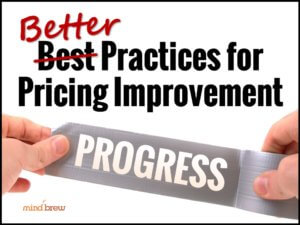The past few months have made it very clear that there’s often a big difference between the “ideal solution” and reality. Everyone has had to do the best we can with what we’ve got. Some examples:
- In an ideal world, graduates would have a live graduation ceremony where friends and family could gather to celebrate their achievements. But in our current reality, a drive-through graduation is a better option.
- In an ideal world, couples might want a huge, lavish wedding to celebrate their union. But in our current reality, a “minimony” is a better option.
- In an ideal world, preschool teachers would greet their young students at the school building with high fives and hugs every day. But in our current reality, saying hi over Zoom to kids wearing jammies and eating cereal at home is a better option.
- In an ideal world, ministers would offer their congregants blessings and prayers while standing much closer than six feet away. But in our current reality, at least one priest decided that holy water in a squirt gun was a better option.
These stories remind us of one of the most important “lessons learned” we’ve heard in our conversations with pricing leaders:
The best solution is the solution your organization will actually execute.
Many of us who work in pricing would describe ourselves as “numbers people.” And as numbers people, we have some pretty definite ideas about what the ideal solution for a given pricing situation would be. We know exactly how the salespeople should quote the deal, which tools they should use, when they should negotiate, and when they should walk away.
But in reality, our organizations almost never achieve those ideals.
One of the things that separates good pricing practitioners from great ones is knowing when to compromise. You see, it’s okay to settle for a less-than-perfect solution. In fact, it isn’t just okay, it’s often the very best thing to do.
Instead of trying to implement best practices all at once, it’s often more effective to implement a series of baby steps over time. Sometimes small changes yield an outsize benefit on the bottom line for the amount of effort required. They may not get you to your ideal, but that doesn’t mean they’re not really helpful.
Your job as a pricing professional is to identify which small changes would be the most beneficial — and doable — for your organization. For help with that process, check out the “Better” Practices for Pricing Improvement webinar. It includes a lot of real-world examples of simple solutions that other teams have found helpful.
You might also want to look at The Top “Lessons Learned” by Pricing Leaders. It offers nuggets of wisdom from people who’ve worked in the trenches and have made mistakes that you don’t have to repeat.
It’s great to have some ideals in mind. But don’t let those ideals keep from implementing some “good enough” solutions — during the times we’re currently in and after.














